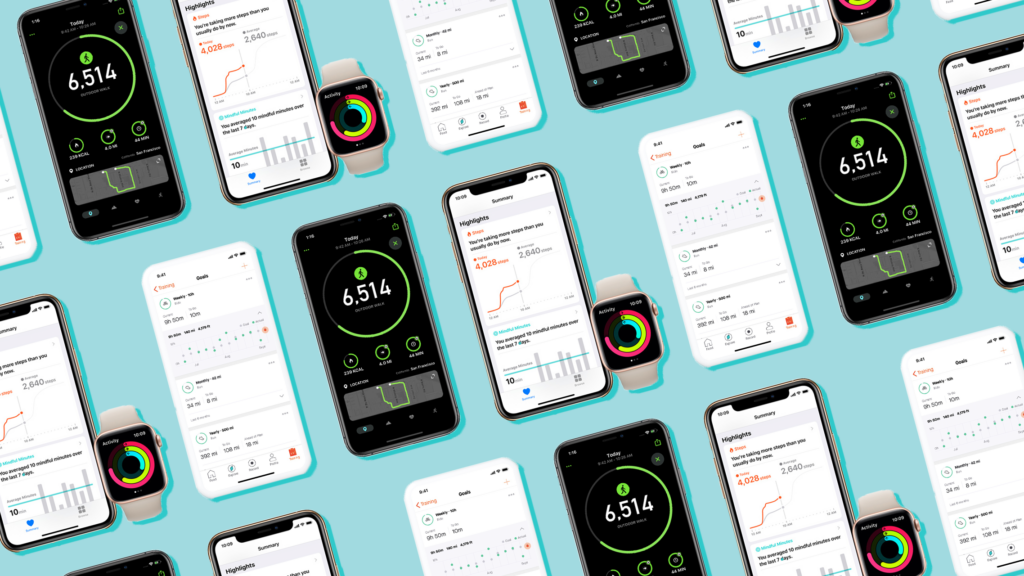Contact
Managing personal finances effectively is crucial for achieving financial goals and maintaining financial stability. Luckily, there are numerous personal finance apps available that offer budgeting, expense tracking, and investment management features to help individuals take control of their finances. In this article, we will review four top personal finance apps: Mint, YNAB (You Need a Budget), Personal Capital, and Acorns. We will analyze their security measures, ease of use, and ability to sync with bank accounts. Let’s dive in!
Mint
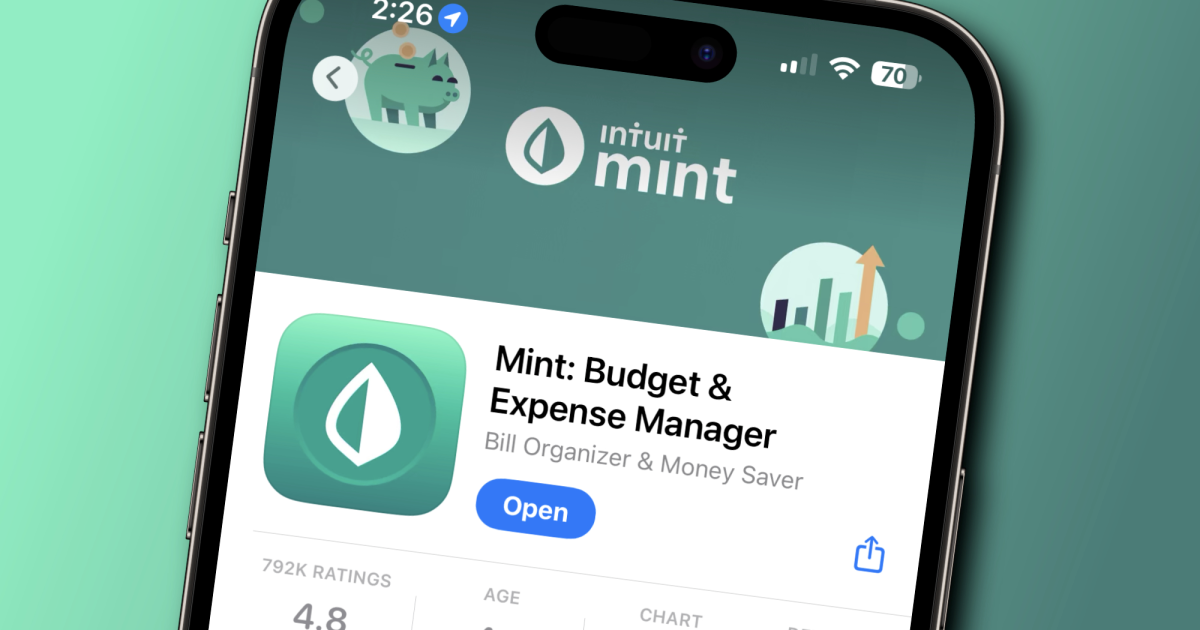
Mint is a popular personal finance app that provides users with a comprehensive suite of budgeting and financial management tools. It offers features such as expense tracking, budget creation, bill payment reminders, and credit score monitoring. Mint is designed to help individuals gain a clear understanding of their financial health and make informed financial decisions.
Security Measures:
- Bank-Level Security: Mint utilizes bank-level security measures, including data encryption and multi-factor authentication, to protect user data.
- Account Monitoring: The app monitors user accounts for any suspicious activity and sends alerts in case of potential security breaches.
- Read-Only Access: Mint operates on a read-only access model, which means it can only view and track financial transactions but cannot perform any transactions on behalf of the user.
Ease of Use:
- User-Friendly Interface: Mint offers a clean and intuitive interface, making it easy for users to navigate through various features and sections of the app.
- Automated Tracking: The app automatically categorizes transactions and syncs with bank accounts to provide real-time updates on spending and balances.
- Budget Creation: Mint allows users to create custom budgets and provides visual representations of spending patterns to help users stay on track.
Sync with Bank Accounts:
- Wide Range of Supported Institutions: Mint supports a large number of banks and financial institutions, allowing users to sync their accounts seamlessly.
- Real-Time Updates: The app provides real-time updates by syncing with bank accounts, ensuring that users have the most up-to-date information about their finances.
- Transaction Categorization: Mint automatically categorizes transactions from synced accounts, saving users time and effort in manual categorization.
Pros of Mint:
- Comprehensive suite of budgeting and financial management tools.
- Bank-level security measures and read-only access for enhanced data protection.
- User-friendly interface and automated tracking for easy financial management.
- Seamless syncing with a wide range of supported banks and institutions.
Cons of Mint:
- Limited investment management features compared to dedicated investment apps.
- Ads and promotional offers within the app may be distracting for some users.
- Occasional syncing issues reported by some users.
Recommendation:
Mint is an excellent choice for individuals who are looking for a comprehensive personal finance app that offers budgeting tools, expense tracking, and credit score monitoring. With its user-friendly interface, bank-level security measures, and seamless syncing with various financial institutions, Mint provides a solid foundation for managing personal finances effectively. While its investment management features may not be as robust as those in dedicated investment apps, Mint serves as a valuable tool for day-to-day financial management and monitoring.
YNAB (You Need a Budget)
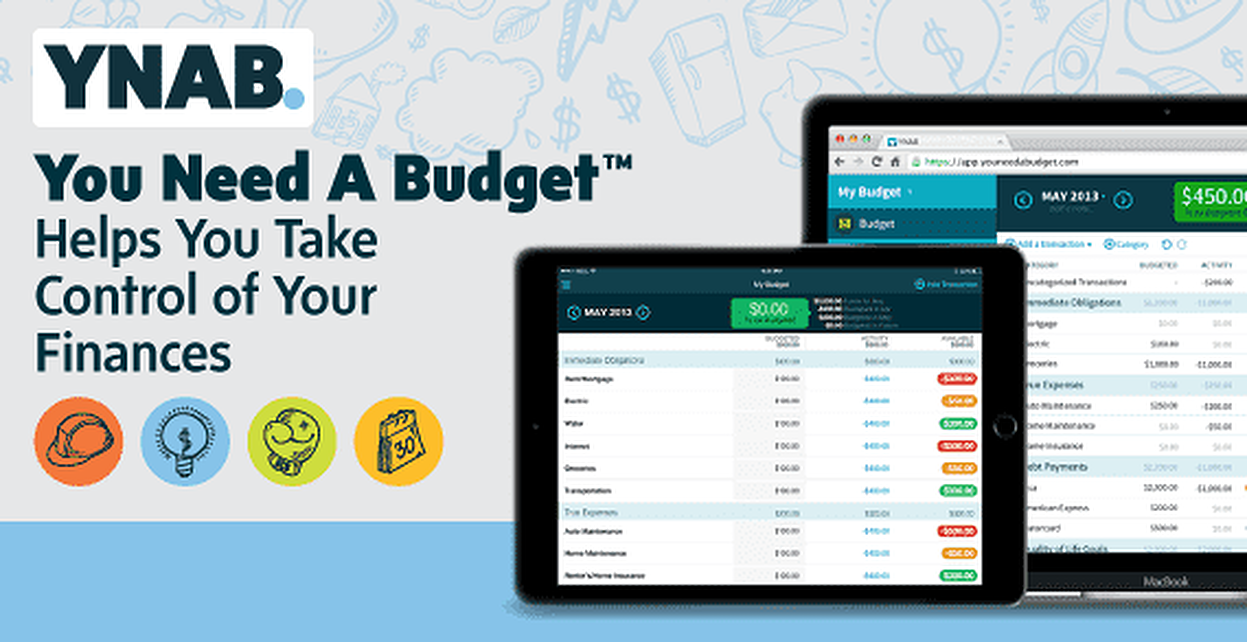
YNAB, short for You Need a Budget, takes a unique approach to personal finance by emphasizing proactive budgeting and goal-setting. The app focuses on helping users assign every dollar a job, break the paycheck-to-paycheck cycle, and build a strong financial foundation.
Security Measures:
- Bank-Level Encryption: YNAB employs bank-level encryption to secure user data and protect it from unauthorized access.
- No Third-Party Access: The app does not share user data with third parties, ensuring privacy and data security.
- Two-Factor Authentication: YNAB offers two-factorauthentication to add an extra layer of security to user accounts.
Ease of Use:
- Goal-Oriented Approach: YNAB’s emphasis on assigning every dollar a job helps users prioritize their spending and savings goals, leading to better financial decision-making.
- Intuitive Interface: The app features a user-friendly interface that simplifies the budgeting process and makes it easy to navigate through different categories and transactions.
- Real-Time Syncing: YNAB syncs with bank accounts for real-time updates, ensuring that users have an accurate and up-to-date view of their finances.
Sync with Bank Accounts:
- Automatic Transaction Import: YNAB automatically imports transactions from synced bank accounts, reducing the need for manual entry.
- Transaction Categorization: The app allows users to categorize transactions and provides insights into spending habits, helping users identify areas where they can cut back or allocate more funds.
- Multi-Currency Support: YNAB supports multiple currencies, making it suitable for users in different regions.
Pros of YNAB:
- Unique approach to budgeting and goal-setting for improved financial management.
- Bank-level encryption and no third-party access for enhanced data security.
- User-friendly interface and intuitive design for easy navigation and budgeting.
- Real-time syncing with bank accounts and automatic transaction import for accurate financial tracking.
Cons of YNAB:
- Subscription-based pricing model, which may not be suitable for users looking for a free personal finance app.
- Learning curve associated with the YNAB budgeting method may require some adjustment for new users.
- Limited investment management features compared to dedicated investment apps.
Recommendation:
YNAB is an ideal choice for individuals who are committed to proactive budgeting and want to break the paycheck-to-paycheck cycle. With its goal-oriented approach, intuitive interface, and real-time syncing with bank accounts, YNAB empowers users to take control of their finances and make informed financial decisions. While the subscription-based pricing model may not be suitable for everyone, the benefits of YNAB’s budgeting method and financial management tools make it a worthwhile investment for those seeking long-term financial stability and goal achievement.
Personal Capital
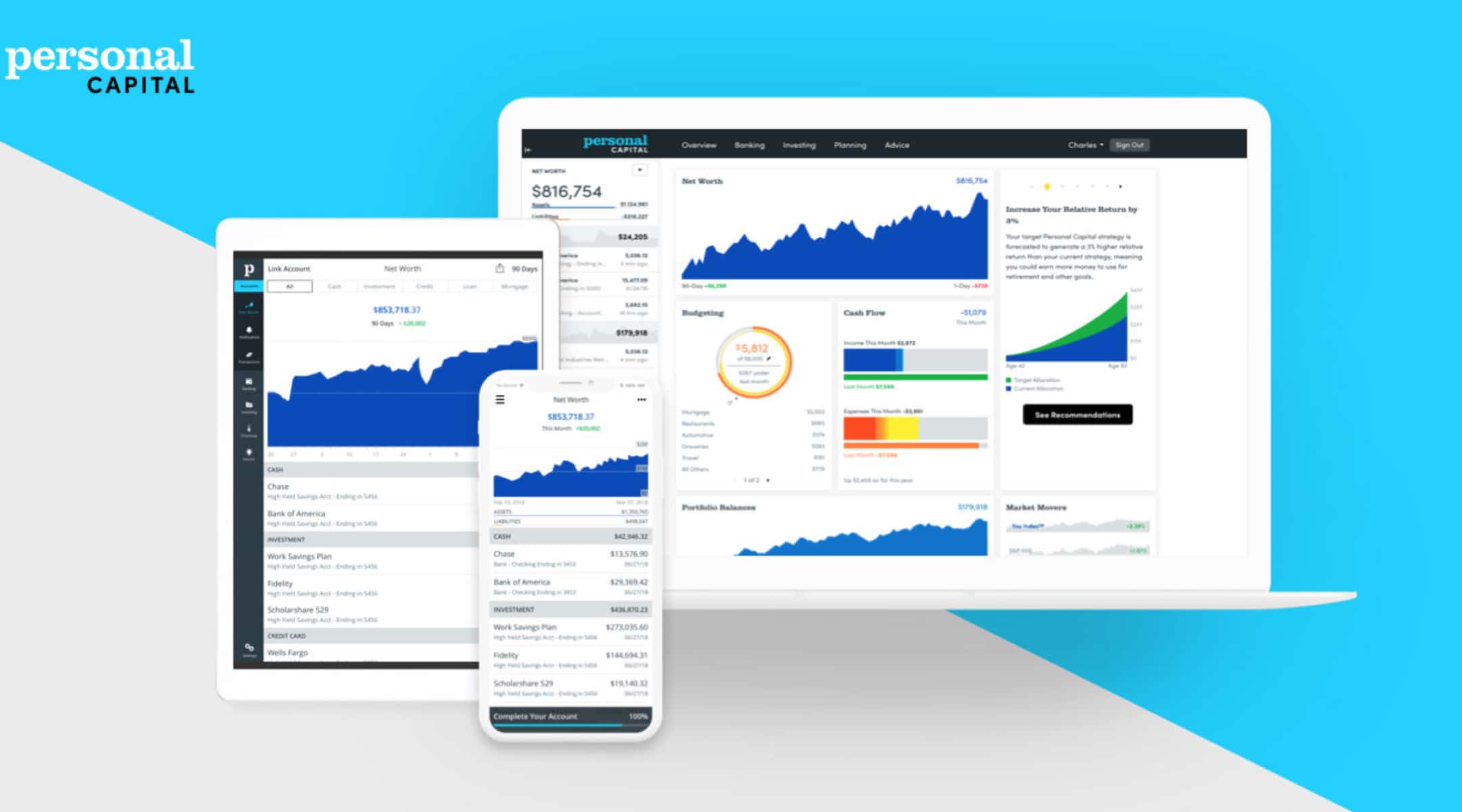
Personal Capital combines budgeting and investment management features, making it a comprehensive personal finance app for individuals interested in both day-to-day financial management and long-term wealth growth. The app provides tools for budgeting, expense tracking, investment tracking, retirement planning, and more.
Security Measures:
- Two-Factor Authentication: Personal Capital offers two-factor authentication to add an extra layer of security to user accounts.
- 256-Bit Encryption: The app utilizes 256-bit encryption to protect user data and secure sensitive information.
- Read-Only Access: Personal Capital operates on a read-only access model, ensuring that it cannot perform any transactions or make changes to user accounts.
Ease of Use:
- Comprehensive Financial Dashboard: Personal Capital provides a consolidated view of a user’s financial accounts, including bank accounts, investment accounts, loans, and credit cards, in a single dashboard.
- Automated Expense Tracking: The app automatically tracks and categorizes expenses from linked accounts, providing users with a clear overview of their spending habits.
- Investment Insights: Personal Capital offers detailed investment tracking and analysis, helping users monitor portfolio performance and make informed investment decisions.
Sync with Bank Accounts:
- Account Aggregation: Personal Capital aggregates data from linked bank accounts, investment accounts, and other financial institutions, providing users with a comprehensive view of their finances.
- Real-Time Updates: The app syncs with linked accounts to provide real-time updates on balances, transactions, and investment performance.
- Transaction Categorization: Personal Capital automatically categorizes transactions from linked accounts, making it easier for users to track and analyze their spending patterns.
Pros of Personal Capital:
- Combines budgeting and investment management features for a holistic approach to personal finance.
- Strong security measures, including two-factor authentication and read-only access.
- Comprehensive financial dashboard for a consolidated view of all accounts and transactions.
- Automated expense tracking and investment insights for better financial management.
Cons of Personal Capital:
- Some users may find the interface and navigation slightly complex, especially when compared to simpler budgeting apps.
- The investment-focused features may not be suitable for individuals who are primarily looking for basic budgeting and expense tracking functionalities.
- Certain advanced features, such as tax optimization, are only available to users with higher investment balances.
Recommendation:
Personal Capital is an excellent choice for individuals who want a comprehensive personal finance app that combines budgeting and investment management features. It is particularly beneficial for users who have significant investment portfolios and are looking for tools to track and analyze their investments. With its robust security measures, comprehensive financial dashboard, and automated expense tracking, Personal Capital provides a powerful platform for managing both day-to-day finances and long-term wealth goals. However, individuals seeking a simpler budgeting app without advanced investment features may find other options more suitable.
Acorns
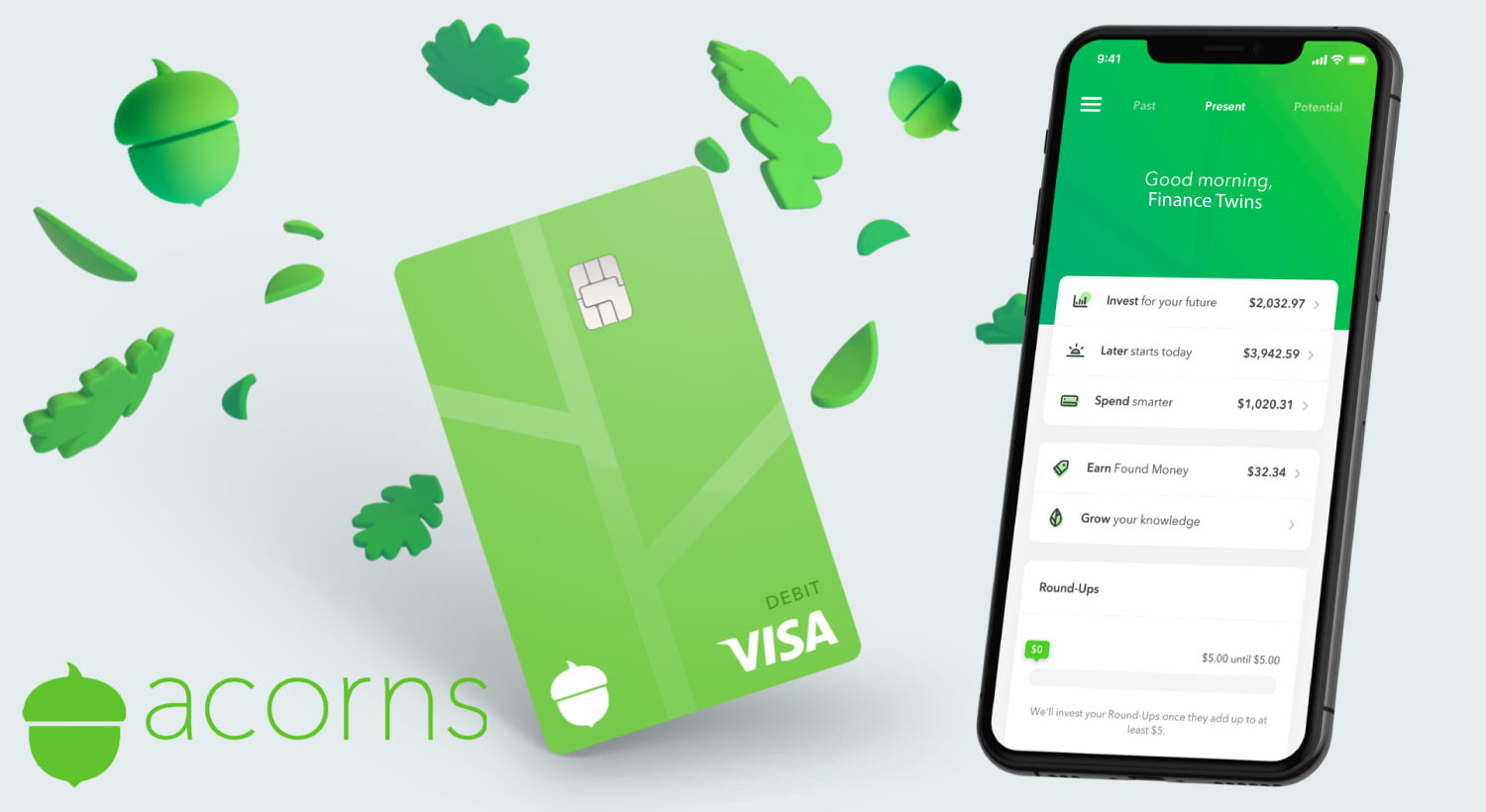
Acorns is a unique personal finance app that focuses on micro-investing and helps users grow their savings effortlessly. The app rounds up everyday purchases to the nearest dollar and automatically invests the spare change into diversified portfolios.
Security Measures:
- Bank-Level Security: Acorns employs bank-level security measures, including 256-bit encryption, to protect user data and secure transactions.
- Account Protection: The app offers protection against unauthorized account access and fraudulent activities.
- FDIC Insurance: Acorns provides FDIC insurance coverage for cash deposits, up to certain limits, ensuring the safety of user funds.
Ease of Use:
- Automated Savings: Acorns’ round-up feature automatically saves and invests spare change from everyday purchases, making saving effortless.
- Intuitive Interface: The app features a user-friendly interface that simplifies the investment process and provides a clear overview of portfolio performance.
- Customized Portfolios: Acorns offers a range of pre-built portfolios based on user preferences and risk tolerance, making it easy for users to start investing.
Sync with Bank Accounts:
- Link Multiple Accounts: Acorns allows users to link multiple bank accounts and credit cards to round up and invest spare change from all transactions.
- Automatic Investments: The app automatically invests the rounded-up amount into diversified portfolios based on the user’s chosen investment strategy.
- Real-Time Portfolio Updates: Acorns provides real-time updates on portfolio performance, allowing users to track their investment growth easily.
Pros of Acorns:
- Unique approach to saving and investing through micro-investing and round-up features.
- Strong security measures and FDIC insurance coverage for user funds.
- Intuitive interface and automated savings for a hassle-free investment experience.
- Customized portfolios and real-time updates on investment performance.
Cons of Acorns:
- The fees associated with Acorns may be relatively higher for users with smaller investment balances.
- Limited control over investment decisions compared to self-directed investment platforms.
- Not suitable for individuals seeking in-depth financial management tools or advanced budgeting features.
Recommendation:
Acorns is an excellent choice for individuals who want to start investing with small amounts and prefer a hands-off approach to saving and investment. Its unique round-up feature and automated savings make it easy for users to grow their savings effortlessly. With strong security measures, an intuitive interface, and customized portfolios, Acorns provides a user-friendly platform for individuals who are new to investing or have limited funds to investin a traditional manner. However, it’s important to consider the fees associated with Acorns, especially for users with smaller investment balances, as they may have a relatively higher impact on overall returns. Additionally, individuals who require more control over their investment decisions or desire advanced budgeting features may find other platforms more suitable.
Conclusion
In the ever-evolving landscape of personal finance apps, it is crucial to find the one that best suits your needs and aligns with your financial goals. The discussed apps, YNAB, Mint, Personal Capital, Acorns, and Clarity Money, offer a range of features to help individuals manage their finances effectively. YNAB stands out for its budgeting focus and proactive money management approach, while Mint provides a comprehensive overview of one’s financial health through budgeting, expense tracking, and goal setting. Personal Capital offers a holistic platform for both budgeting and investment management, while Acorns simplifies savings and investing through its unique micro-investing features. Clarity Money focuses on expense tracking and offers services to save money on bills and subscriptions. By carefully considering the features, security measures, and ease of use of these apps, individuals can select the app that resonates with their financial needs and empowers them to make informed decisions and achieve financial success.




